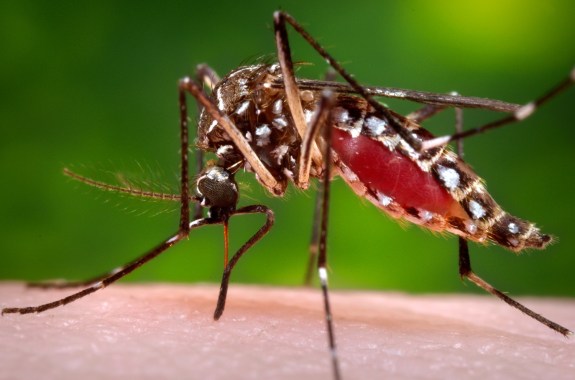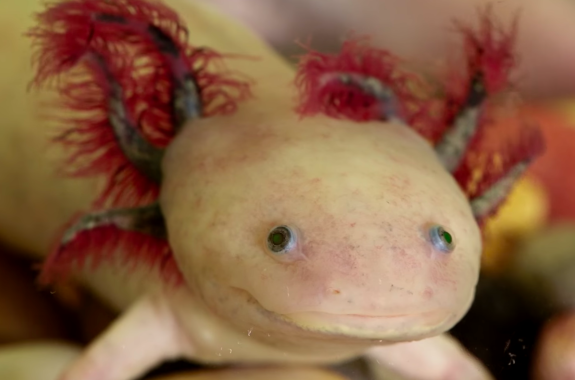7:25
A Planetary Neighbor, Recovering a Lost Spacecraft, and Iceman Fashion
Science journalist Rachel Feltman discusses a newly discovered exoplanet neighbor, and other stories from the week in science.
4:36
The Pros and Cons of Potential Development in National Parks
What are the impacts of more tourists and development at Grand Canyon National Park?
17:32
How Much Math Should Everyone Know? (Show Your Work.)
Educators argue over how to shake up math education, like ditching pre-calculus and emphasizing real-world thinking.
11:47
Where Do We Stand in the Fight Against Zika?
The viral storm has made landfall in the U.S, but a vaccine remains elusive.
22:40
The SciFri Book Club Talks ‘Oryx and Crake’
What can Margaret Atwood’s dystopia tell us about the here-and-now?
11:24
Decoding The Hacks Of ‘Mr. Robot’
Kor Adana, a writer for Mr. Robot, unpacks the toolkit of real-life hackers that inspired the show.
15:52
A Hand, a Fin, a Gene
What a fish and a rare amphibian can tell us about how limbs develop, grow, and even re-grow.
7:57
A Quantum Satellite, 500-Year Floods, and Scanning Your Purchases
Science journalist Amy Nordrum describes a Chinese experiment designed to test quantum communication systems. Plus, why scanning your own groceries could lead to sticky fingers.
00:17:03
The Spicy Science of Chili Peppers
What gives the hot habanero and mild jalapeño their “heat profile”?
00:12:02
Our Bodies May Fight Infection Better by Day
Mice appear to be more susceptible to viral infection during their sleep cycle, suggesting that circadian rhythms can affect our immune systems.







